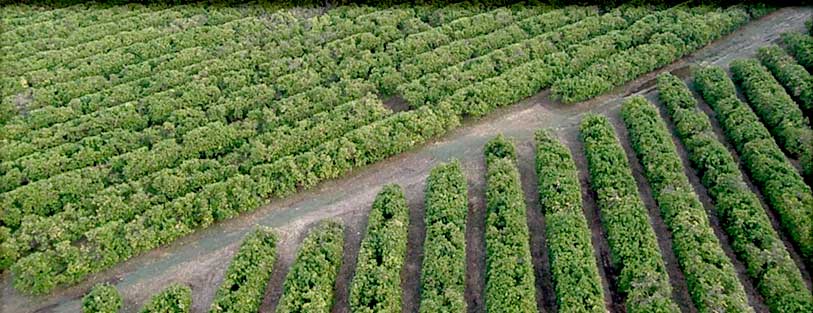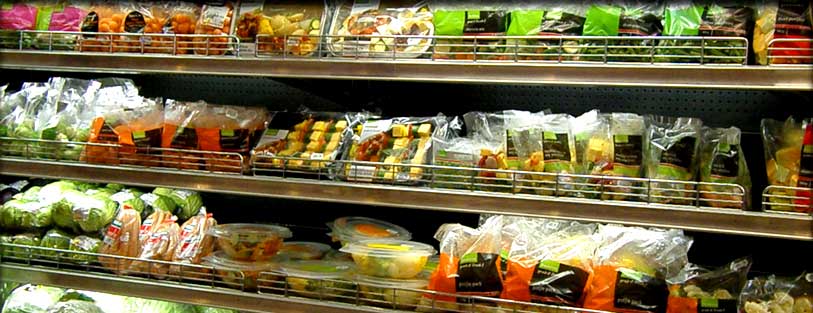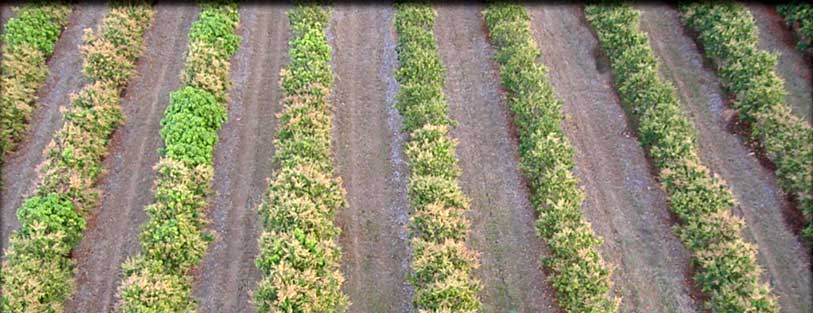The Management of Allergens in the food industry has gained prominence in recent years. Allergic reactions can be very serious in some individuals, and can lead to life threatening situations. Many allergens are also more prevalent in children than adults and as the food industry we need to ensure food is safe for all to eat.
What are allergens?
![]()
There are probably well over 150 foods that can cause an allergic reaction in some individuals. Fortunately there are relatively few that cause the majority of health problems. The common allergens are known as the big 8 are wheat (gluten) and other similar gluten containing cereals, eggs, cow’s milk, soy, fish, crustaceans & molluscs, peanuts and tree nuts. These are the ones which are legislated in South Africa. They must be declared in the ingredients list and/or in an allergen panel close to the ingredient list. (Refer to Government Regulation R146 published on 1 March 2010)
The major problem for the food industry does not lie as much with the use of deliberately added allergens which are declared in the ingredient list, but with allergens which are not declared but find their way into products through cross contamination. In this case, consumers are unaware they are exposed to the allergen so consequently can suffer a mild to severe allergic reaction
Recalls as a result of the presence of undeclared allergens in food products take place far too frequently. This is often as a result of packing a product into wrong packaging resulting in incorrect ingredient and allergen information on the outer pack. Such recalls can outnumber recalls for microbiological contamination of foods in any given year in some countries. These incidents affect both big and small manufacturers which is why they are now given extra attention.
Learning outcomes
![]()
Management of Allergens is a one day course which will highlight all these areas to delegates. They will then learn more detail on allergen control programmes and how to build them into an existing food safety management system.
Good Manufacturing Practices must be in place to avoid cross contamination. These include aspects of production scheduling, cleaning procedures, the design of facilities and equipment, as well as a supplier quality assurance programme which assesses the risks of raw materials being contaminated with other allergens. Overall delegates will take practical ideas back to their workplace which they can implement to improve their company’s management of allergens..



